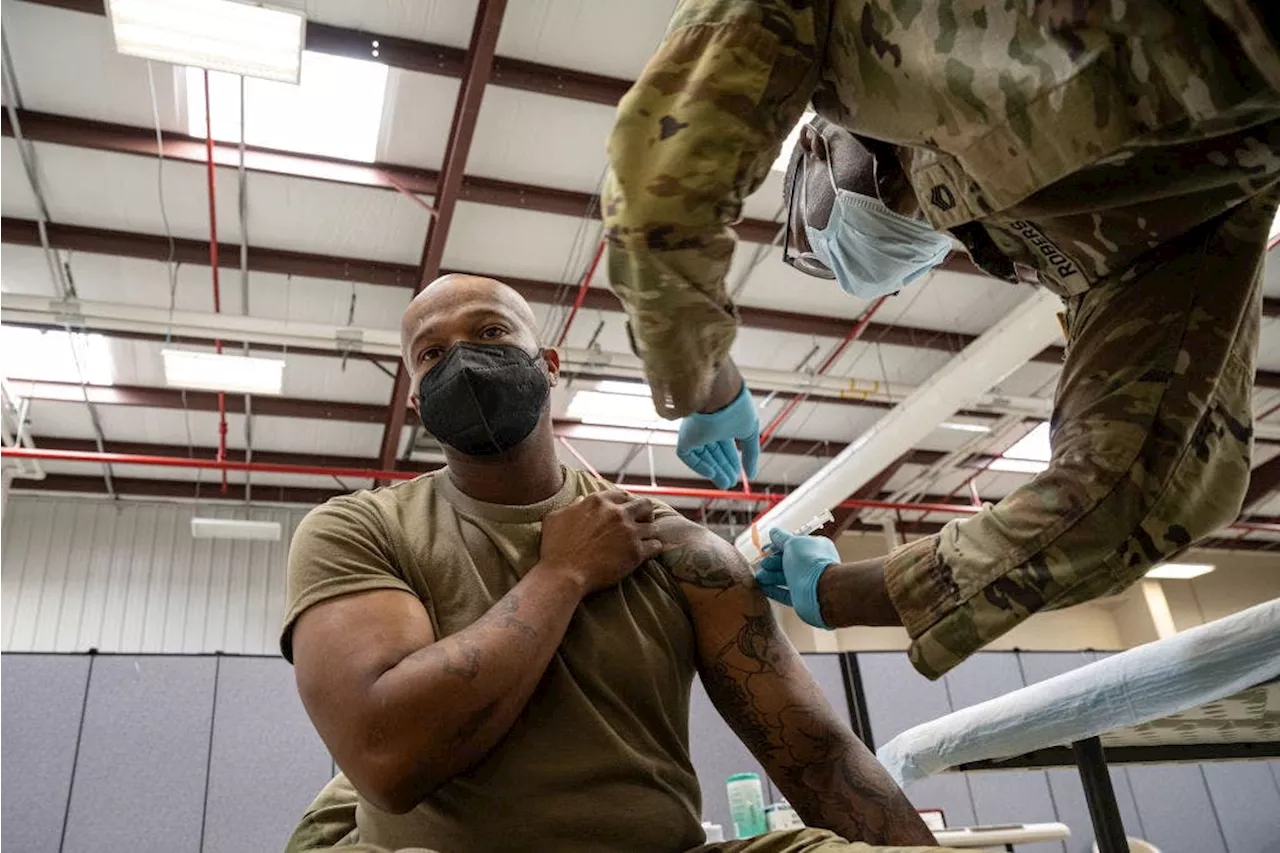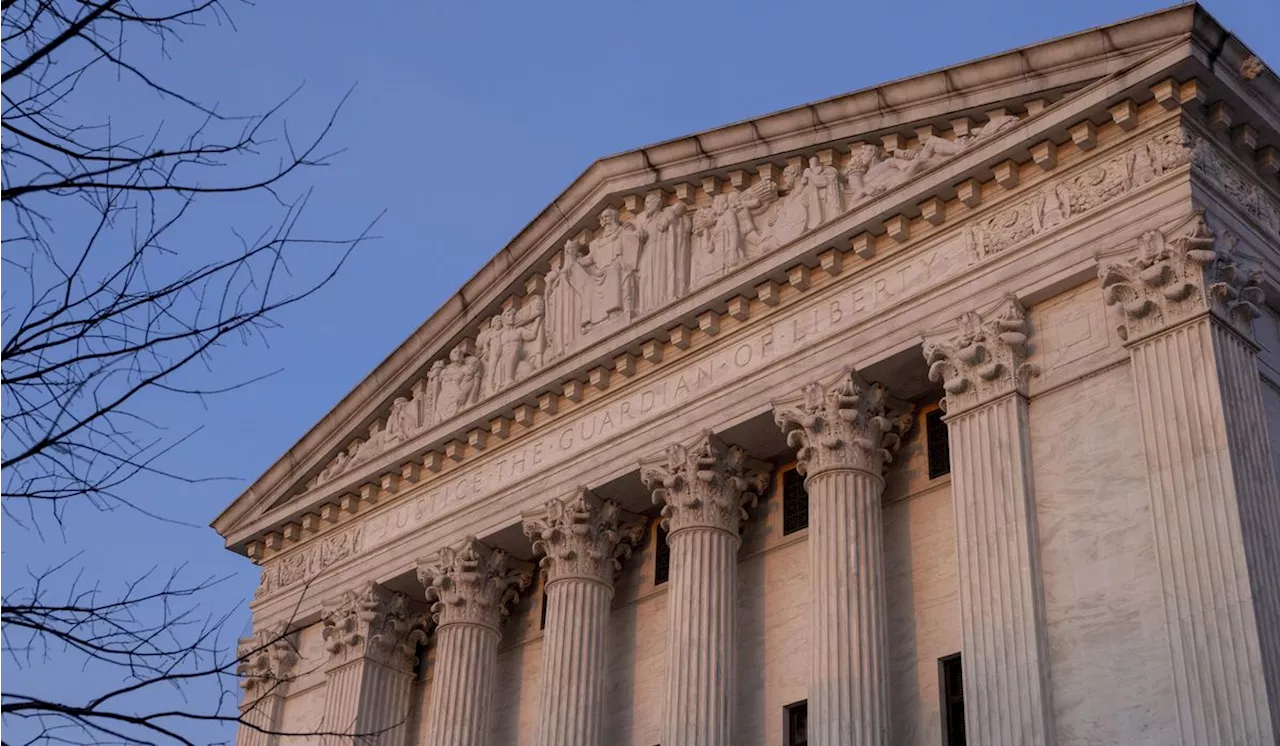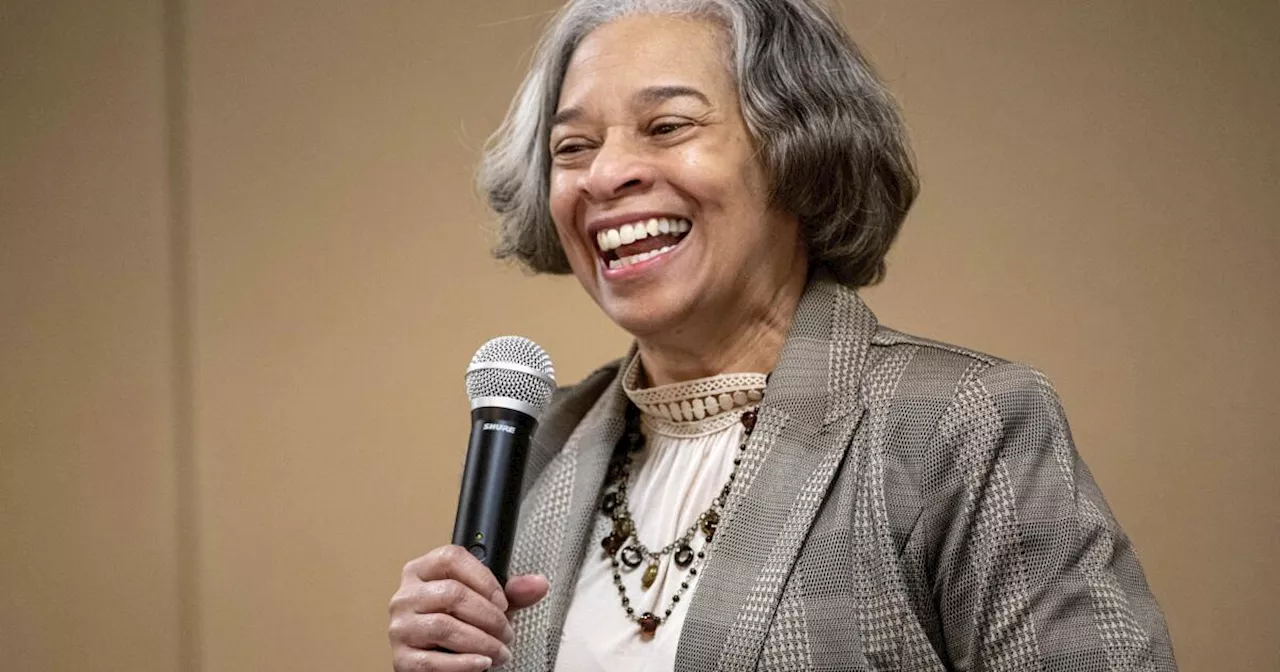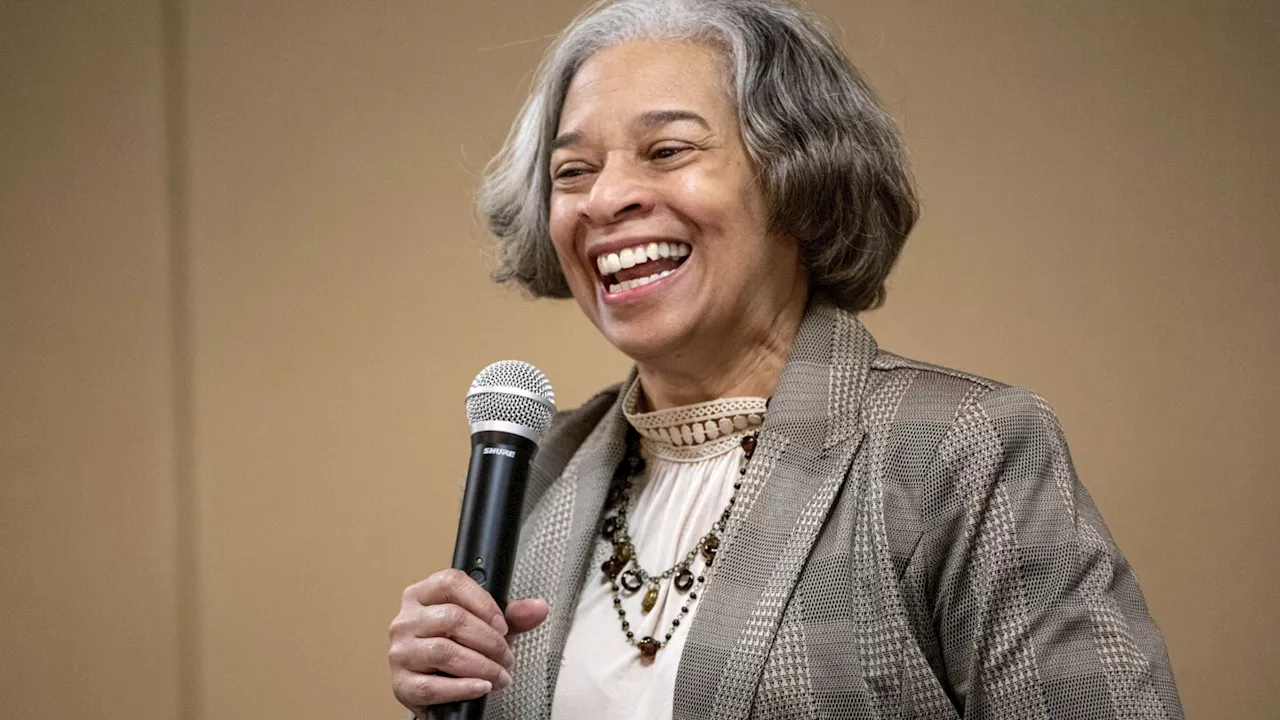Religious broadcasters are asking the Supreme Court to rule on whether their paying higher fees to stream music online than secular outfits like National Public Radio violates their First Amendment rights.
Religious broadcasters ask Supreme Court to rule on their high royalty feesto rule on whether their paying higher fees to stream music online than secular outfits like National Public Radio violates their First Amendment rights.
The National Religious Broadcasters Noncommercial Music License Committee says it is required to pay 18 times what NPR pays in royalty rates, which are set every five years by the Noncommercial religious webcasters with an audience threshold of 218 average listeners were required to pay a much higher rate in 2021 than secular NPR noncommercial webcasters, which the religious group says amounts to a “two-tier” system.
They say the different treatment runs afoul of the Religious Freedom Restoration Act and the First Amendment. “The result is a two-tier noncommercial rate structure with secular NPR stations at the top and religious stations on the bottom,” the group said in its February petition to the. “This discriminatory treatment elevates secular content and suppresses religious speech online, putting religious stations at a severe disadvantage in the marketplace of ideas.”It would take four justices to vote in favor of hearing the case for oral arguments to be heard.
United Kingdom Latest News, United Kingdom Headlines
Similar News:You can also read news stories similar to this one that we have collected from other news sources.
 Military chaplains appeal to Supreme Court over COVID-19 policies that forced out religious objectorsA group of military chaplains have asked the Supreme Court to stop the DOD from enforcing policies that they say are punishing those who filed religious objections to the COVID-19 vaccine.
Military chaplains appeal to Supreme Court over COVID-19 policies that forced out religious objectorsA group of military chaplains have asked the Supreme Court to stop the DOD from enforcing policies that they say are punishing those who filed religious objections to the COVID-19 vaccine.
Read more »
 Okla. Supreme Court to weigh nation’s first religious charter schoolThe Oklahoma Supreme Court is set to hear arguments over a proposed Catholic charter school, in a case testing the constitutional bounds of taxpayer funding for religious education.
Okla. Supreme Court to weigh nation’s first religious charter schoolThe Oklahoma Supreme Court is set to hear arguments over a proposed Catholic charter school, in a case testing the constitutional bounds of taxpayer funding for religious education.
Read more »
 Religious broadcasters ask Supreme Court to rule on their high royalty feesReligious broadcasters are asking the Supreme Court to rule on whether their paying higher fees to stream music online than secular outfits like National Public Radio violates their First Amendment rights.
Religious broadcasters ask Supreme Court to rule on their high royalty feesReligious broadcasters are asking the Supreme Court to rule on whether their paying higher fees to stream music online than secular outfits like National Public Radio violates their First Amendment rights.
Read more »
 Wisconsin Supreme Court misunderstands ChristianityThe Wisconsin Supreme Court's unconstitutional decision on religious charities proves it misunderstands Christianity.
Wisconsin Supreme Court misunderstands ChristianityThe Wisconsin Supreme Court's unconstitutional decision on religious charities proves it misunderstands Christianity.
Read more »
 Ohio Supreme Court primary with 2 Democrats kicks off long campaign over court's partisan controlThe Democratic primary for one of three contested seats on the Ohio Supreme Court will kick off a high-stakes battle for partisan control of the court this fall
Ohio Supreme Court primary with 2 Democrats kicks off long campaign over court's partisan controlThe Democratic primary for one of three contested seats on the Ohio Supreme Court will kick off a high-stakes battle for partisan control of the court this fall
Read more »
 Ohio Supreme Court primary with 2 Democrats kicks off long campaign over court's partisan controlThe Democratic primary for one of three contested seats on the Ohio Supreme Court will kick off a high-stakes battle for partisan control of the court this fall. The court currently has a 4-3 Republican majority. To flip that, Democrats must sweep the races in November by retaining two incumbents and winning an open seat.
Ohio Supreme Court primary with 2 Democrats kicks off long campaign over court's partisan controlThe Democratic primary for one of three contested seats on the Ohio Supreme Court will kick off a high-stakes battle for partisan control of the court this fall. The court currently has a 4-3 Republican majority. To flip that, Democrats must sweep the races in November by retaining two incumbents and winning an open seat.
Read more »
